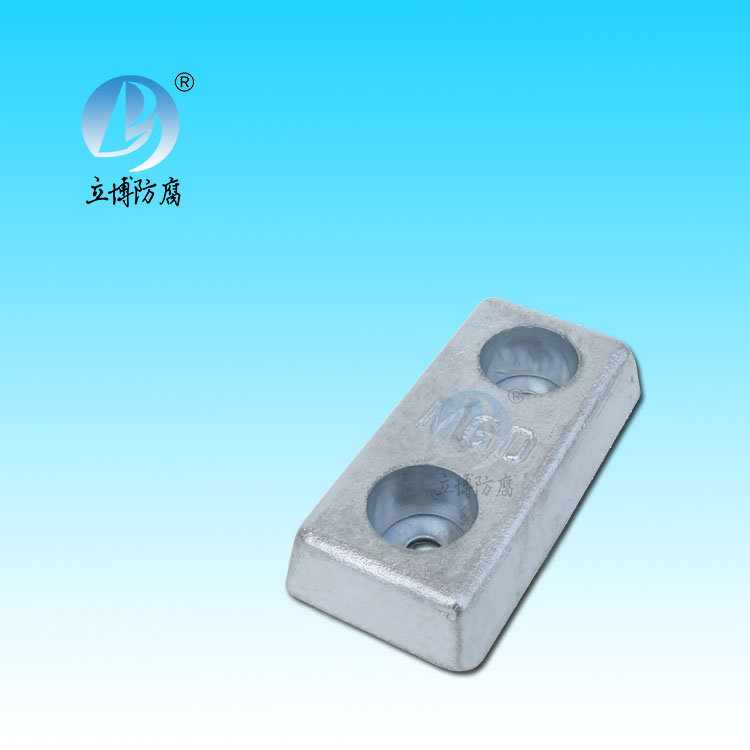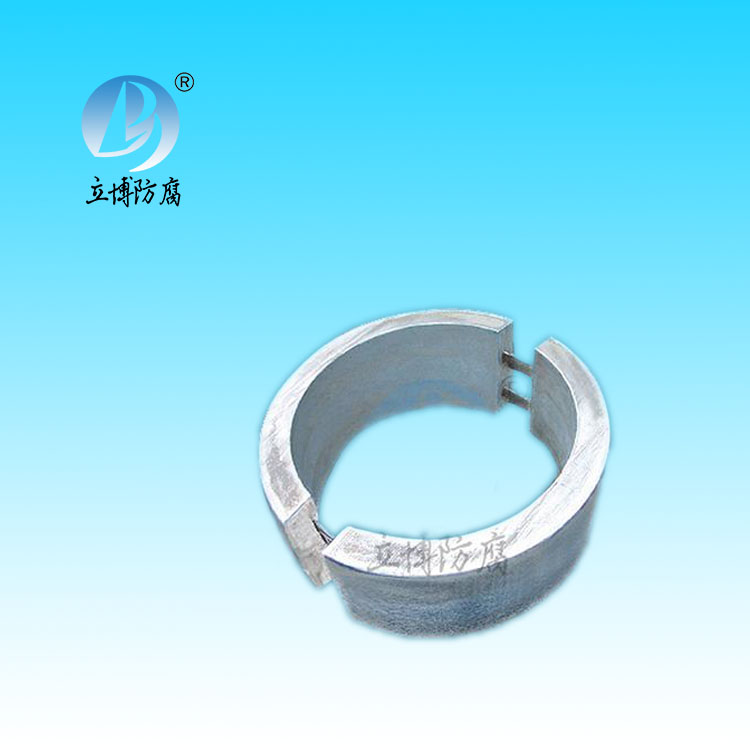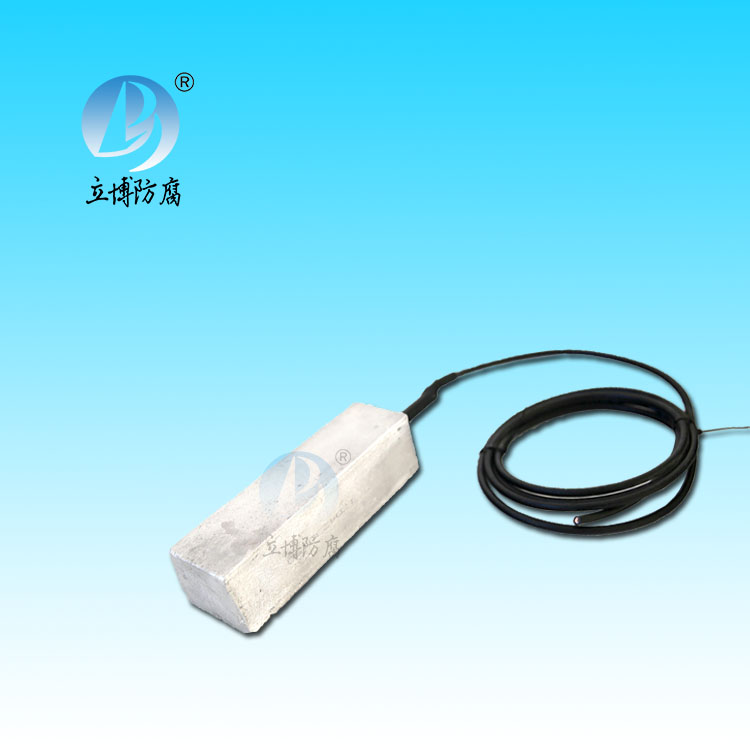News
News
- What is a sacrificial anode
- Basic requirements for reference...
- What does the reference electrode do...
- Why are zinc blocks attached to the ...
- What is the principle of impressed...
- What material does metal structure...
Contact
Phone:18739187123
hotline:0391-7588881
E-mail:970512272@qq.com
Address:Wuzhi County, Jiaozuo City, China
Company News
Advantages of magnesium alloy die casting
- Author:Libo
- Source:wwww.meiyangji.com
- Date:2021-06-11
- Click:0
· Buller provides complete training in magnesium die casting so that better castings can be produced faster.
· Recycled materials can be recycled.
· Higher strength and better thermal conductivity compared to plastics.
Heat the magnesium ingot to about 150 °C.
The appropriate utility and superior performance of high-purity alloys make lightweight magnesium alloys attractive engineering materials for non-ferrous metals, such as:
Why do you need magnesium die-casting?
Magnesium die casting
. An inert gas is used to prevent oxidation of the tank surface.
· Magnesium castings can be produced by using the relative options of the scale die casting machine configuration, reducing the cost.
The main steps of magnesium die casting process are as follows:
Die casting technology
· The strong competitiveness of magnesium die casting stems from the process development of Buller Technology Center. The feared pressure spikes that can lead to the opening of the die are eliminated, automating the die casting process and control for the tame stamping of the die. The magnesium solution is maintained at a specific temperature until poured into the stamping chamber.
· Cover parts for office equipment, laptop computer, mobile phone communication and loudspeaker.
· Lightweight components in the automotive industry.
· Inexhaustible magnesium resources.
Buhler's services can bring the following benefits to users:
· About 30% lighter than aluminum.
Advantages of die-casting magnesium alloy:
· Power tools, etc.
· High purity magnesium alloy has good corrosion resistance.
· The metal's excellent thermal conductivity and electromagnetic shielding capabilities make magnesium die-casting suitable for use in electrical engineering as well. The magnesium ingots are then fed into a furnace for melting.
· Good sound insulation. This high kinetic energy can be controlled by decelerating at the end of the die fill.
Characteristics and advantages of the process:
The powerful injection system ensures rapid filling.
· Magnesium's excellent mobility enables forging of thinner, thicker and more complex components compared to aluminum die casting. This step is essential because only dry magnesium ingots can be added to the melting and holding furnace.







 客服QQ
客服QQ